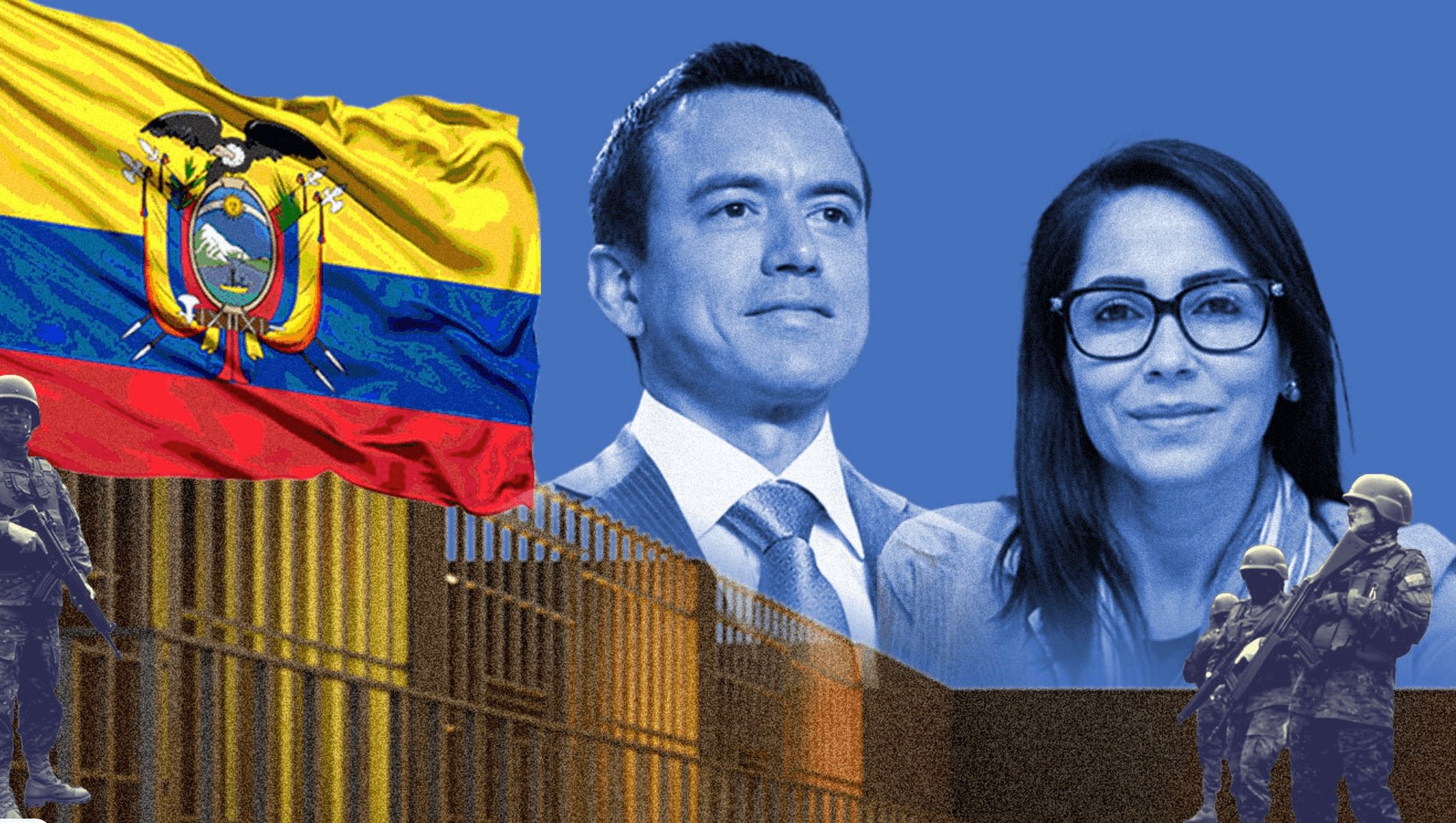Ecuador’s pivotal election comes at a moment of profound crisis, with voters facing tough choices amid surging violence, economic instability, and political uncertainty. Security concerns dominated the day as heavily armed soldiers guarded polling stations against potential threats to the democratic process. The election follows the political assassination of a leading candidate in 2023, casting a shadow over the proceedings.
Daniel Noboa, the 37-year-old incumbent with a hardline stance on crime, and Luisa Gonzalez, a leftist candidate emphasizing economic reform, are the frontrunners among the 16 presidential hopefuls. Noboa’s slick social media presence contrasts with his “iron fist” approach to security, which includes states of emergency and military deployment. In contrast, Gonzalez promises economic stability and openness to IMF assistance, though her ties to former president Rafael Correa raise concerns for some.
Drug cartel violence has transformed Ecuador into one of the most dangerous nations in the region, with ports becoming key trafficking hubs for cocaine bound for Europe and Asia. This violence has led to record-breaking rates of kidnapping and extortion, scaring off tourists and investors alike.
Noboa’s aggressive security measures have drawn criticism from human rights groups, who point to abuses, including a high-profile case involving the murder of four boys. Gonzalez, facing threats to her life, framed the election as a chance to “transform the country.”
Economic challenges further weigh on voters, with fears over unemployment and the expected return of thousands of migrants deported from the U.S., reducing remittances vital to the economy. Sunday’s election may signal a new political direction, though a runoff could still be necessary in April if no candidate secures a decisive victory. The next president faces the monumental task of leading Ecuador through one of its darkest periods in recent history.






0 Comments